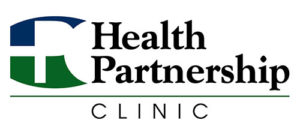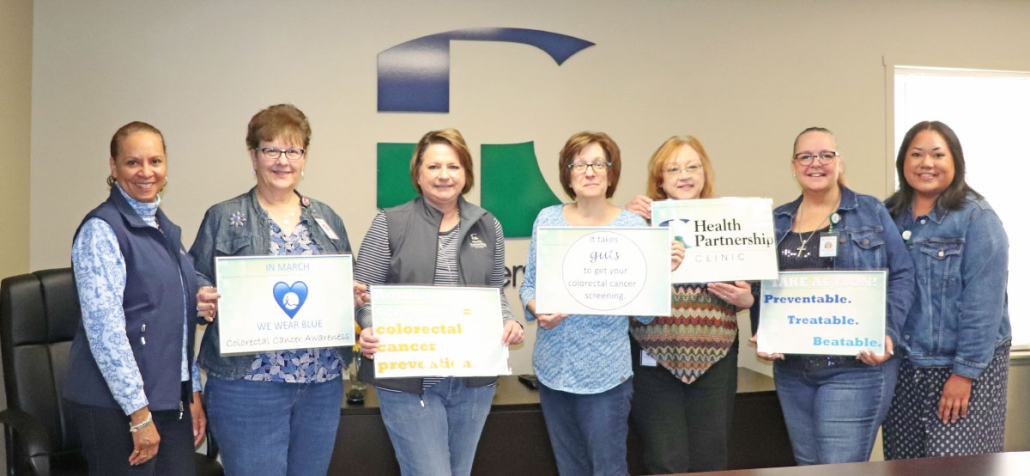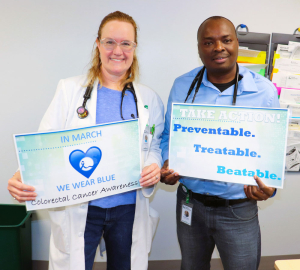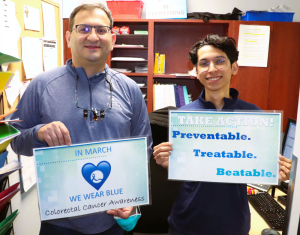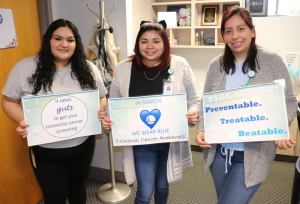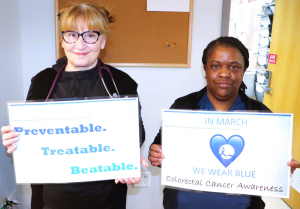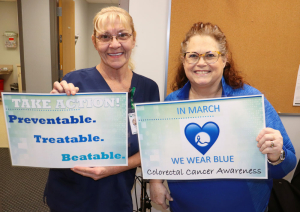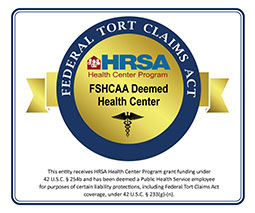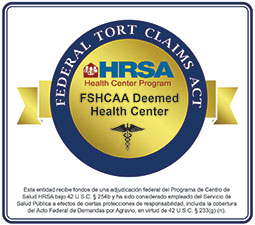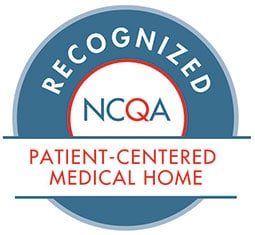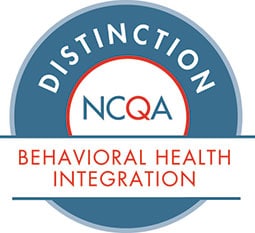Get Screened for Colorectal Cancer! Early Diagnosis May Save Your Life
By Kare Lyche, MD, Family Physician
Maybe the last time you came to the clinic or medical practice, your provider asked you if you wanted to be screened for colorectal cancer. Then maybe they talked about the options–having to fish around in the toilet for some of your stools or going to see a specialist and having a tube inserted into your rectum. Doesn’t sound like much fun, does it? Why is it such a big deal?
Cancer is the Second Leading Cause of Death
According to the Centers for Disease Control and Prevention (CDC), in 2021 cancer was the second leading cause of death in adults, claiming 604,553 lives. Among the different kinds of cancer, colorectal cancer is the fourth most common kind and also the fourth most deadly after lung, breast and prostate cancers. During the years 2016-2020, when colorectal cancer was found, about 33 percent of cases were localized to the colon itself, 38 percent were regional (had spread to nearby tissues and lymph nodes) and 22 percent had spread distally (to other parts of the body).
The importance of the cancer location is linked to survival. If colon cancer is localized when it is found, the survival rate in five years is 88 percent. This drops to 71 percent if the cancer is regional and then down to 16 percent if it is distant. Your healthcare provider recommends screening for colorectal cancer so it can be caught while it is still localized and gives you the best chance to do well.
Two Most Common Types of Screening
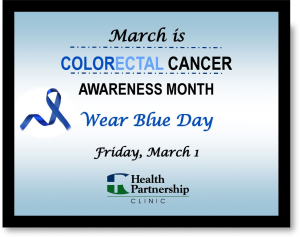 The two most common types of colorectal cancer screening at Health Partnership Clinic are stool cards and colonoscopies: with a stool card, you take a small sample of your stool from the toilet, put it on a card and mail it back to the laboratory. This is a test for hidden blood.
The two most common types of colorectal cancer screening at Health Partnership Clinic are stool cards and colonoscopies: with a stool card, you take a small sample of your stool from the toilet, put it on a card and mail it back to the laboratory. This is a test for hidden blood.
A colonoscopy involves a day of preparation in which you take medicines to clean out your intestines, then you go either to an office or to a hospital where you are given medicine to make you drowsy and then a tube with a camera is inserted into your colon through your rectum.
The advantages of a colonoscopy include that if anything is found, it can be removed immediately, and the time between colonoscopies can be up to 10 years if nothing is found. The disadvantages are that you need to be able to use the toilet frequently the day before your procedure, you might need to take time off work for the procedure and someone else must take you and pick you up. Very rarely bleeding might occur (especially when a polyp is found and removed), or the instrument could put a hole in your colon.
Advantages of the stool card are that it is quick and relatively easy to perform, that you do not need to do anything to prepare, and you do not need to take time off to complete the test. The disadvantages are that you have to interact with dirty toilet water, the test must be done every year, and if it is abnormal, you will need a colonoscopy anyway to find out where the bleeding is coming from. Some people are not candidates for the stool card, especially people with a hereditary condition putting them at risk for colon cancer, or people who have already had polyps.
If you are 45 or older, you should be screening.
The U.S. Preventive Task Force recommends that all adults between the ages of 45 and 75 be screened for colorectal cancer. If you are between 75 and 85, talk with your provider to see if screening might be appropriate for you. Do yourself a favor and bring up colorectal screening at your next visit!
